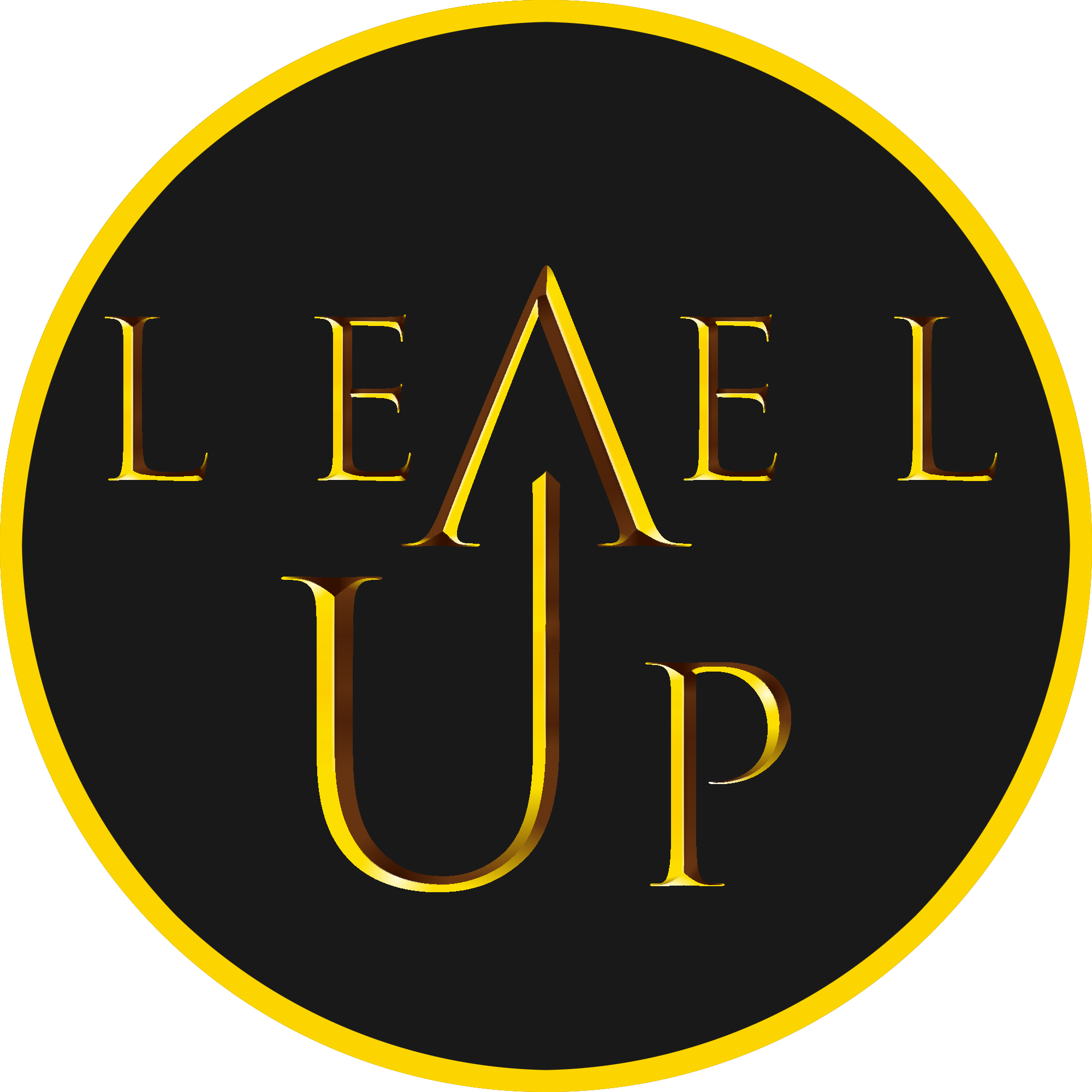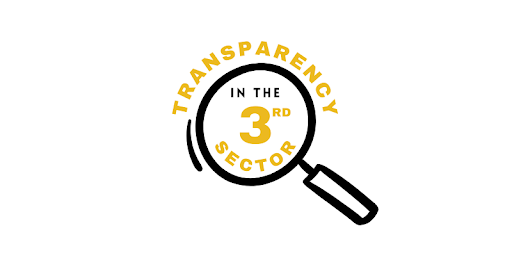Transparency in the 3rd sector
Our project introduces tools and shares practices, contributing to the development and evolution, both of social organizations, and individuals engaged in creating them. Introducing business and technology practices to the third sector increases outreach of awareness-raising activities and rises engagement in work for the community; which is willing to support and participate in the functioning of the third sector.
Conducted activities will have a long lasting effect in every organisation, allowing them to open up to new paths for IT development. We plan to carry out the initiatives on local, national, and international level
Project reference number:
2023-1-PL01-KA153-YOU-000143303
Duration of the project:
31.12.2023 – 30.08.2025
During the project we:
- open up the third sector to changes in transparency, visibility, communication and accessibility for different groups
- break the stereotype: ” if the law doesn’t impose, I don’t have to do anything. “
- promote the benefits of transparent organisations
- we offer support to organisations that are failing in this area
- educate youth workers on their approach to transparency (this affects how they are perceived by young people)
- enhance the appreciation of youth workers and educators by promoting their work within society
- change the mindset of those who are in charge of organisations
Activities to be carried out in the project:
- Pre-training visit
Pre-training visit is a significant aspect of the whole project. It will enable participants and participating organisations to be well prepared for activities during the TC.
- Training in Poland
Will take place in Lodz. The participants will explore issues such as: transparency in the third sector (needs, good practices, problems), visibility of non-governmental organisations (the prospects of funders, donors, beneficiaries, the team), barrier-free communication, and the basics of UX/UI. They will also participate in activities, such as: the audit of the organisation’s current parties, the preparation of quantitative research forms (adapted to the needs of each organisation), an in-depth interview (IDI), and the creation of their website’s user persona.
- Training in Turkey
As a part of this mobility, participants will receive a report on the activities carried out as part of the UX process. They will build and test prototypes of the websites, become familiar with SEO and Google Ads campaign, and they would also have an opportunity to monitor the performance of constructed websites.
- Dissemination activities
Follow-up actions will take place after each of the training course to disseminate the knowledge acquired by the participants. Local workshops will allow partners to share their achievements: their personality, audit maps, research results, reports, a prototype of the site, the final version of the site, and the knowledge gained during the training. Technology development and implementation of tools creates an opportunity for the organisation to promote other projects and make them accessible for the stakeholders. It also helps to encourage volunteers to develop in this area, fostering both their social and professional development.
The following organizations are involved in the project:
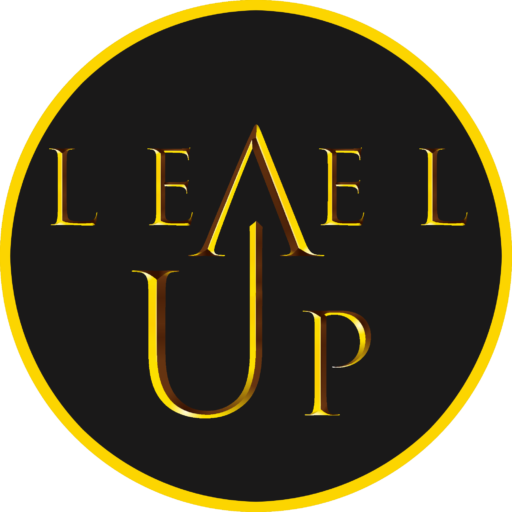
LEVEL UP Association
Project leader
Poland

HELLAS FOR US ASTIKI MI KERDOSKOPIKI MI KYBERNITIKI ETERIA
Project partner
Greece
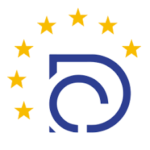
CEKDEV INTERNATIONAL EDUCATION AND DEVELOPMENT ACADEM
Project partner
Turkey

Asociacion de los Estados Generales de los Estudiantes de Europa - Burgos
Project partner
Spain

Associazione Culturale Usamborgia
Project partner
Italy
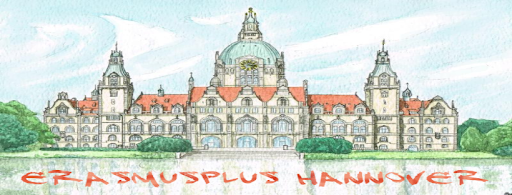
Erasmusplus Hannover
Project partner
Germany
